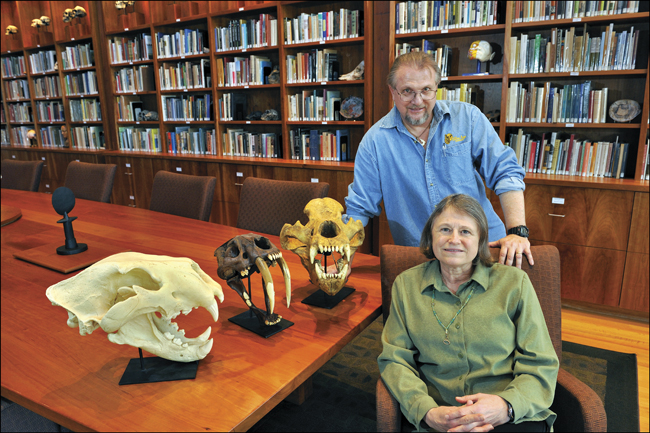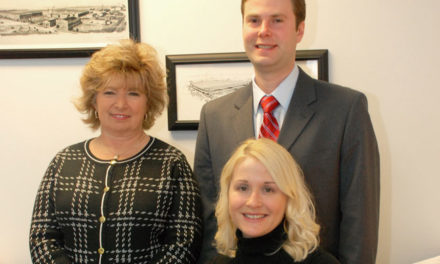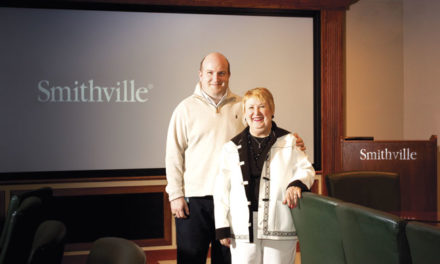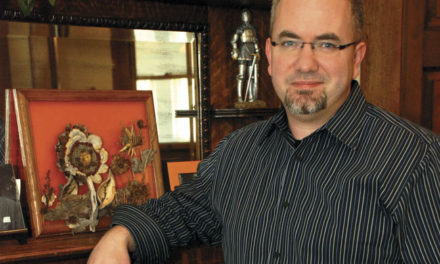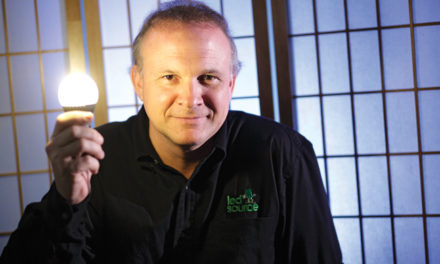BY JANET MANDELSTAM
Ten years barely register as a blip in the history of human evolution, but they’re a milestone for The Stone Age Institute.
The institute, situated on 30 acres in northern Monroe County, is devoted to the study of technology, adaptation, and evolution in human prehistory. We’re talking at least 2.5 million years. “It’s the ultimate roots experience,” says co-director Nicholas Toth, who opened the institute with his wife and co-director, Kathy Schick, in 2003.
While it may seem strange to hear the words prehistory and technology in the same sentence, Schick explains that technology is simply “using something external to yourself and using it for some purpose.” And humans have been doing that since at least the Stone Age.
The institute (stoneageinstitute.org) has a dual mission: human origins research and science education. Staff does detailed field research overseas and then writes reports, conducts archaeological experiments, and holds seminars and conferences locally “to communicate what we have learned to others,” says Schick.
Staff members are currently conducting research in Nihewan Basin, China, “where we were some of the first foreigners invited to dig in China,” says Toth. “We are finding the earliest evidence of humans in East Asia.” Humans, Toth and Schick say, were using simple stone tools there at least 1.3 million years ago. Other current and past projects include digs in Ethiopia, Algeria, and Tanzania.
Toth and Schick are both professors of anthropology at IU, where they are also co-directors of the Center for Research into the Anthropological Foundations of Technology and where they developed the Human Evolutionary Studies Program.
When the pair talk about the highlights of the past ten years, they emphasize the importance of communicating what they have learned. They cite the institute’s publication series, which includes four books and dozens of research papers, and the many ways the institute promotes science education. Their exhibit, “From the Big Bang to the World Wide Web,” continues at IU’s Mathers Museum of World Cultures, “and we’re adding to it over time,” Toth says.
There’s also the Craftsmanship Lecture Series and the Stone Age Institute Band. Because Toth and Schick are interested in the evolution of technology, they bring in “craftspeople from all walks of life—blacksmiths, musicians, beer-makers, stonemasons—to talk about how they relate to their craft,” says Toth. The institute band has recorded four songs with evolutionary themes—music and lyrics by Toth and Schick.


